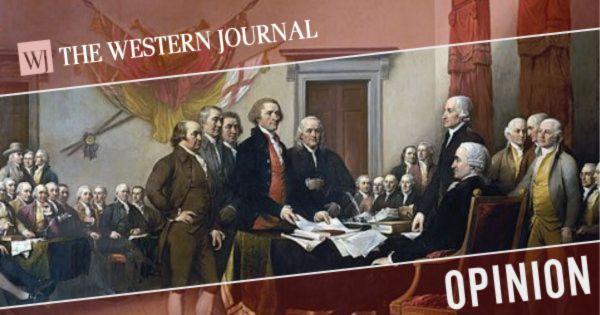
Title: These Heroes from American History Were ‘Conspiracy Theorists’
Introduction:
Conspiracy theories have always been a topic of fascination and intrigue, often being dismissed as figments of the imagination or the realm of those with questionable credibility. However, American history stands as a testament to the fact that some of the nation’s greatest heroes were once labeled as “conspiracy theorists.” In this article, we explore the stories of a few remarkable individuals who dared to challenge the status quo, uncover hidden truths, and shape the course of American history.
1. Benjamin Franklin:
Benjamin Franklin, a polymath and one of the Founding Fathers of the United States, was not only known for his brilliance but also for his belief in conspiracy theories. Among his many endeavors, Franklin was convinced that the Illuminati, a secret society, had infiltrated European aristocracy and was covertly shaping political events. Although his views on the Illuminati were met with skepticism during his lifetime, the secret society’s eventual emergence in the 18th century validated some of his concerns.
2. Frederick Douglass:
Frederick Douglass, an influential abolitionist and prominent figure in American history, was no stranger to conspiracy theories. Douglass believed that there was a conspiracy among Southern slave owners to prevent knowledge and education from reaching enslaved people. His firsthand experience as a former slave fuelled his conviction that a deliberate effort was being made to ensure ignorance and to maintain the institution of slavery. Douglass’s tireless efforts to expose this conspiracy eventually led to groundbreaking advancements in the fight against slavery.
3. Mark Felt (Deep Throat):
As one of the key Watergate scandal whistleblowers, Mark Felt, commonly known by his pseudonym “Deep Throat,” was instrumental in unveiling the corruption and conspiracy within the Nixon administration. Felt was driven by his belief that truth and justice should prevail, even if it meant exposing high-level government officials. Despite initially being dismissed as a conspiracy theorist, Felt’s revelations, in collaboration with investigative journalists, ultimately led to President Nixon’s resignation and a historical turning point in American politics.
4. Edward Snowden:
Edward Snowden, a former National Security Agency (NSA) contractor, made headlines in 2013 when he leaked classified information regarding the extent of mass surveillance conducted by the agency. Snowden believed that the government’s invasion of privacy violated fundamental human rights, and he was determined to expose the conspiracy behind the extensive surveillance apparatus. While critics initially dismissed Snowden as a conspiracy theorist endangering national security, his revelations sparked a global debate about privacy, governmental overreach, and the role of whistleblowers in a democratic society.
Conclusion:
These historical figures, once branded as “conspiracy theorists,” demonstrated tremendous courage and unwavering commitment to uncovering hidden truths. Benjamin Franklin, Frederick Douglass, Mark Felt, and Edward Snowden each played a vital role in some of the most momentous events in American history. By challenging established narratives and revealing conspiracies, these heroes impacted society, fostered change, and brought about critical discussions on the balance between government power and individual liberties. Their stories serve as a reminder that questioning the status quo and exposing potential conspiracies can be a powerful catalyst for progress and justice.
